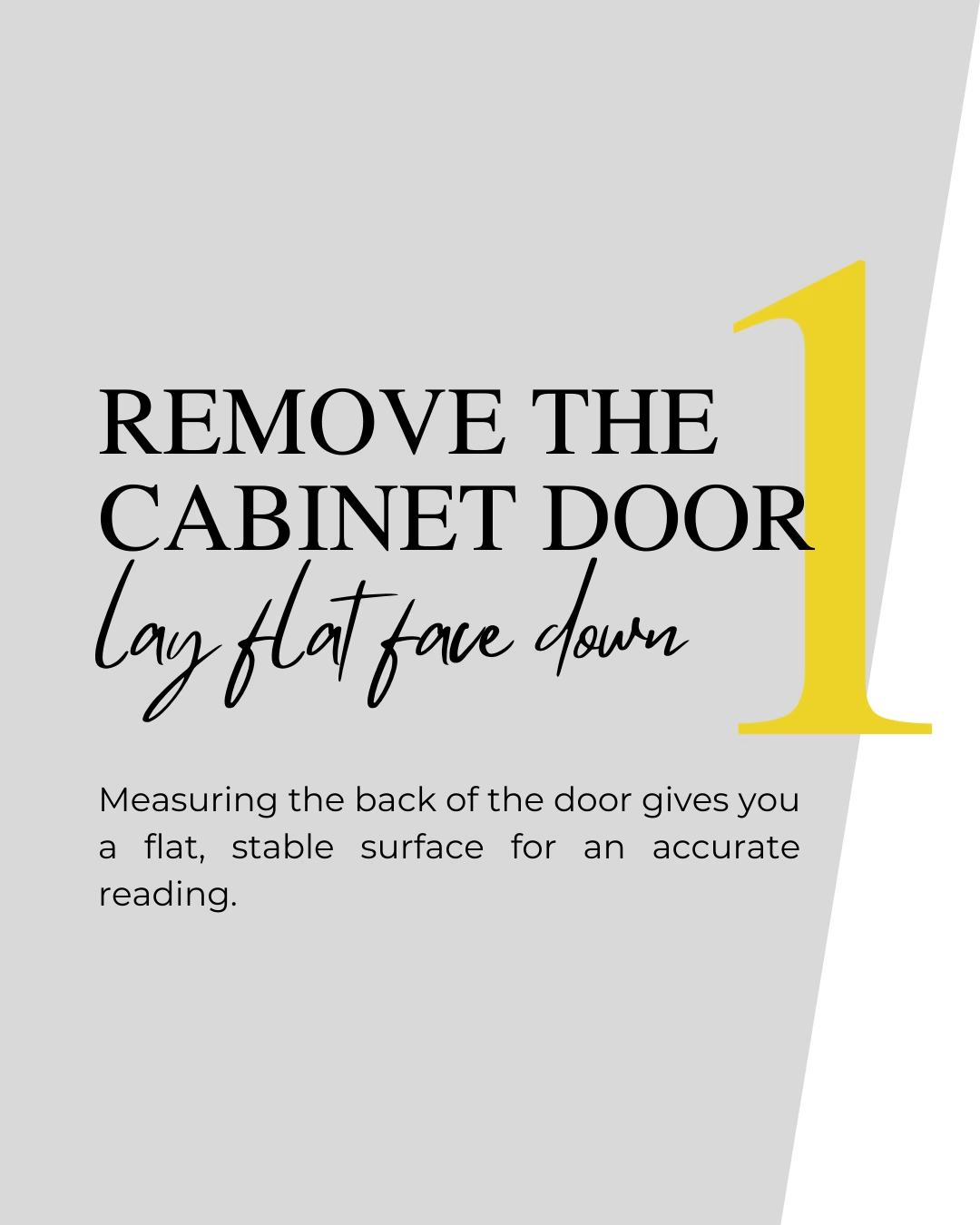When it comes to home improvement, one big decision is whether to do a project yourself or hire a contractor. Both options have good and bad points. The best choice depends on factors like your skill level, budget, and project size. In this article, we will discuss key factors. These will help you decide whether to do home projects yourself or hire a contractor.
Understanding the Scope of Your Project
Before diving into a project, it’s crucial to understand its scope. The difficulty of the task will often decide if it’s good for DIY or if a professional is needed.
Assessing Complexity
Some projects, like painting a room or installing shelves, are relatively straightforward and perfect for DIY enthusiasts. These tasks typically involve basic skills and can be completed with minimal tools, making them accessible for most homeowners. However, tasks like electrical work, plumbing, or structural changes usually need special skills. It is best to leave these jobs to contractors. These complex projects require technical skills. They also have higher risks if something goes wrong, which can affect your home’s safety and function.
Project Size and Impact
The size and impact of a project can also influence your decision. Smaller projects, like putting in a new light fixture or changing cabinet handles, have a small impact. They are also less risky, which makes them good for DIY. In contrast, larger projects like kitchen remodels or roof replacements can significantly affect your home’s usability and value. These often require detailed planning and coordination, which professional contractors are adept at handling.
Permits and Regulations
Understanding local building codes and regulations is vital, especially for projects that may require permits. DIY enthusiasts may overlook this aspect, leading to potential legal issues down the line. Contractors are usually well-versed in local regulations and can ensure that your project complies with all necessary codes. This expertise not only saves you from potential fines but also ensures that your project is safe and up to standard.
Weighing the Costs
Cost is often a primary consideration when deciding between DIY and hiring a contractor. While doing it yourself may seem like a way to save money, there are other financial aspects to consider.
Material and Tool Expenses
For DIY projects, you will need to purchase all necessary materials and tools, which can add up quickly. The initial outlay for tools can be significant, especially if you need specialized equipment. Contractors often get discounts on materials when buying in bulk. They also own professional tools, which can lower costs. This can result in lower expenses for the same materials and more efficient work, thanks to the tools they have on hand.
Labor Costs vs. Time Investment
While DIY can save on labor costs, it’s important to consider the value of your time. Projects can take longer when done solo, particularly if you’re learning as you go. Contractors offer a team of skilled workers. They can finish tasks quickly, saving you time. This lets you focus on other responsibilities. This efficiency is very helpful if the project disrupts your daily life. It is also important if you need the work done by a certain deadline.
Hidden Costs and Contingencies
DIY projects often come with hidden costs that can surprise novice renovators. These might include unexpected repairs or additional materials needed due to mistakes. Contractors often expect possible problems and add extra costs in their quotes. This gives a clearer view of the total price. Their experience also helps minimize surprises, ensuring the project stays within budget and on schedule.
Evaluating Skill Level
Your personal skill level is a crucial factor. Understanding your capabilities can prevent costly mistakes and ensure the safety of your home.
Skills and Experience
If you have experience in home renovation and feel confident in your abilities, DIY might be a viable option. Past projects can serve as a good indicator of what you’re capable of handling. If the project needs skills you don’t have, it’s smart to talk to or hire a contractor. This can help you avoid problems. Knowing your limits helps protect your investment. It also makes sure the work is done to a professional standard.
Learning Curve
DIY projects often come with a learning curve. If you’re up for the challenge and have the time to learn new skills, it can be rewarding. This process can enhance your understanding of home maintenance and increase your confidence for future projects. If the project is urgent or you don’t want to try and fail, hiring a contractor is a better choice. Contractors bring a wealth of knowledge and experience, eliminating the learning curve and ensuring efficient project execution.
Safety and Risk Management
Assessing your ability to manage safety risks is essential. Projects involving electricity, plumbing, or heavy lifting can be hazardous if not handled correctly. Contractors are trained to follow safety protocols and use protective equipment, minimizing risks to themselves and your property. If you are unsure about doing a task safely, hiring a professional can help prevent accidents. They can also make sure you follow safety rules.
Considering Quality and Safety
Quality and safety should never be compromised in home improvement. Understanding the risks involved and ensuring a high standard of work is essential.
Ensuring Quality
Contractors bring professional expertise and are more likely to deliver high-quality results. Their experience allows them to identify potential issues early and address them before they become major problems. If the project involves important aspects, such as structural integrity, it is best to hire a professional. This ensures the job is done correctly the first time. This not only enhances the longevity of the work but also adds value to your home.
Safety Concerns
Certain projects pose safety risks, especially those involving electricity or heavy construction. Mistakes in these areas can lead to serious injury or damage to your home. If there’s any doubt about safety, it’s best to hire a contractor who is trained to handle such risks. They are equipped with the knowledge and tools to perform the work safely, giving you peace of mind.
Long-term Durability
The longevity of your home improvement project is another consideration. Professional contractors use good materials and follow best practices. This ensures that your project lasts a long time. DIY projects, while satisfying, may lack this level of durability if not executed with the same level of expertise. Investing in professional services can provide long-term benefits, reducing the need for future repairs or replacements.
Time vs. Convenience
Balancing time and convenience is another important consideration. DIY projects can offer flexibility but may lack the convenience of professional services.
Flexibility of DIY
DIY projects allow you to work at your own pace and schedule. This flexibility can be appealing if you enjoy working on home improvements as a hobby. It allows you to pause and resume work as needed, accommodating your lifestyle and commitments. However, this trade-off often means a longer time to finish. This may not be ideal if you want to enjoy the final product soon or if the project is important for your home.
Convenience of Hiring a Contractor
Hiring a contractor provides convenience and efficiency. Professionals manage the project timeline, supply materials, and coordinate labor, freeing you from these responsibilities. This can be particularly advantageous for larger projects or if you have a busy lifestyle. They can make the process easier. This helps finish the project quickly, so you can enjoy the results sooner.
Managing Stress and Expectations
Taking on a home improvement project can be stressful, especially if unexpected challenges arise. Contractors are experienced in managing these stressors, providing solutions and maintaining progress. Their help eases your workload. This lets you enjoy the change instead of worrying about the details. This can lead to a more satisfying experience and a better end result.
Making Your Decision
Ultimately, the decision between DIY and hiring a contractor depends on your unique situation. Consider the project’s complexity, your skill level, budget, and the importance of quality and safety.
Tips for Deciding
- Start Small: If you’re new to DIY, start with smaller projects to build your skills before tackling more significant tasks. This approach allows you to gain confidence and experience without overwhelming yourself.
- Get Multiple Quotes: When considering contractors, obtain quotes from multiple professionals to compare services and costs. This ensures you get the best value and can make an informed choice based on your budget and expectations.
- Research: Look into the experiences of others who have completed similar projects to inform your decision. Online forums, reviews, and testimonials can provide valuable insights into potential challenges and success stories, helping you set realistic expectations.
Weighing Pros and Cons
Consider creating a list of pros and cons for both DIY and hiring a contractor. This visual comparison can clarify your priorities and highlight the option that aligns best with your goals. Don’t forget to consider intangible benefits. These include the joy of finishing a project on your own and the comfort that comes from expert help.
Conclusion
Choosing between DIY and hiring contractors involves careful consideration of various factors. By looking at the scope, cost, skills, quality, and time, you can make a smart choice. This will help ensure your home improvement project is successful. You can either do it yourself or hire someone to help. The key is to ensure the result meets your expectations. It should also improve your home. Embrace the journey, and enjoy the transformation of your home into a place that reflects your style and meets your needs.



